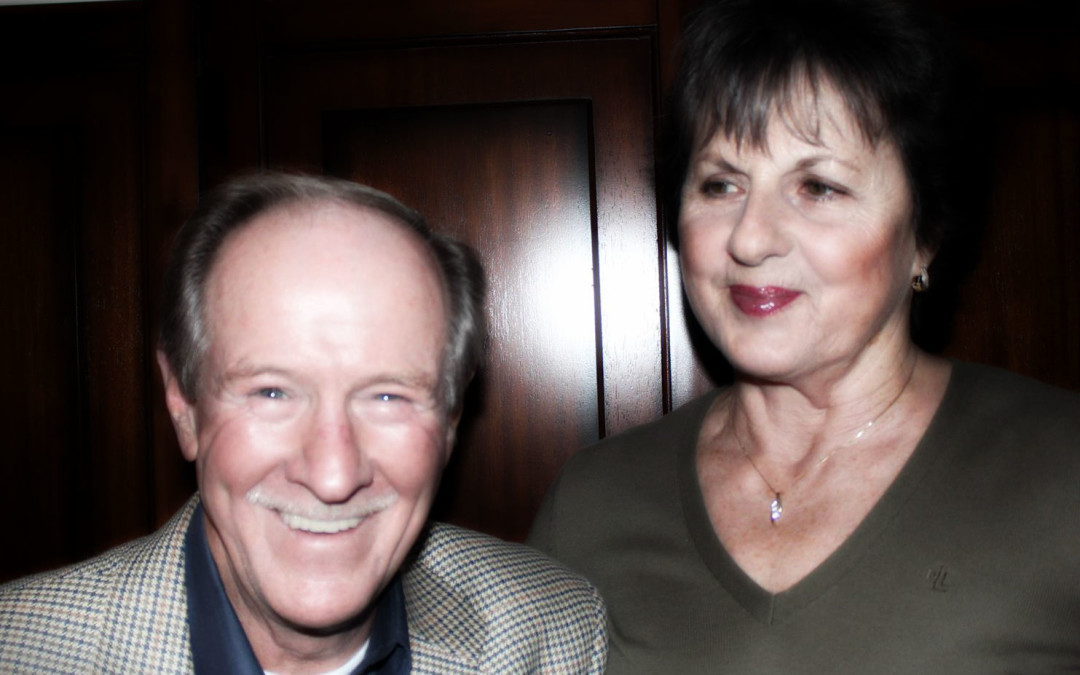“She does him good, and not harm, all the days of her life.”
Prov. 31:12
You’ve heard of taking a long walk off a short pier.
Allow me to warn you about a short trip across a great divide.
When it comes to how a woman treats her husband, today’s verse encourages us toward one of two options.
“She does him good, and not harm, all the days of her life.”
Option one is to do good things for him that cause benefit and promote our hubby’s welfare. Option two is to do evil to him that causes distress, misery and injury. For the sake of our ever-growing list of the Super Wife’s qualities, let’s encapsulate those tendencies of doing good or doing harm with the terms benevolent or malevolent.
I found it interesting that there is huge disparity between the meaning of these words, yet they are so close in sound. That mirrors well the irony between doing good and harm in marriage: Such vastly different camps, yet such a short trip from one to the other. One of the reasons this description may include the all-the-days-of-her-life clause is because starting well isn’t the problem. No bride sets out to be malevolent. (Well, except for wicked step-mother types, I suppose.) Yet in a matter of months or years, if we stop long enough to consider, we might see that we have slipped into habits and behaviours that cause our husbands harm.
It’s such a short journey from Benevolent to Malevolent that many women don’t realize they’ve made the trip:
- The sharp word in place of grace.
- The slighting comment about him to a child or friend.
- The steady drip of nagging.
- The unpredictable moods.
- The unchecked glare.
- The rolling over to sleep before seeking forgiveness.
- The disregard for his preferences and concerns.
- The pushing of his buttons. On purpose.
Great chasm. Quick trip.
How do we get here? I believe these behaviours reveal the ugly truth that we probably love ourselves more than we love our husbands. Please, oh pretty-please, read Paul David Tripp’s book What Did You Expect? It was paradigm shifting for me to realize that so many of us enter marriage, not because we love the other person but because we love ourselves and love what that other person does for us. Do you want proof? Look at how many of us stop showing love when we stop getting what we want. That’s not love.
Tripp defines love as the “…willing, self-sacrifice for the good of another that does not demand reciprocation or that the person being loved is deserving.” Friend, if we truly love our husband, we will desire and pursue his good.
Not only is this love to be kindly and beneficial; this love is Practical.
“She does him good…” This love doesn’t look like sentimental words scrawled in an expensive Hallmark card on his birthday or trite phrases uttered as he heads out the door. Matthew Henry said “She shows her love to him, not by a foolish fondness, but by prudent endearments…” That’s an old and wonderful way of saying this love is not a dictated love that flatters, but a doing love that benefits.
This love is also Enduring.
“…all the days of her life…” It is not arbitrary spurts of kindness but a lifetime of well-meaning and dependable good.
I’ve included a picture of my parents for this post because it sweetly sums up their relationship and reminds me of one of the strongest themes in my mother’s legacy: her tireless commitment to my father’s good. She is a wise, strong, competent woman with skills any company in the business world would have vastly benefited from, but she considers my dad’s good, her career. I’ve heard of the good she did him as a struggling up-and-comer. I’ve watched her do him good when he was a corporate VP. I’ve watched her do him good when he planted and shepherded churches. And now I watch her do him good as they age, relocate and redefine their mission for the kingdom of God in this next life season. And I know she’ll be doing him good till the day she dies. (Even if he’s a crazy, hockey-stick-wielding man running through a retirement home in his underwear.)
There could not be a simpler mandate for marriage: doing him “good and not harm all the days of her life.” Friend, let’s start asking of everything we say and do:
Will this help him or hurt him?
You know, that really could change everything. Think of the impact in our marriages if we took the time to consider all we do – our words, our actions, our schedules, our criticisms, our food, our tone, our expressions, our greetings, our home management, our appearance, our job, our friendships, our spending, our time management, our bed times – in light of this question.
In doing so, we will bless our husband with a lifetime of dependable goodness so he’ll never be on the lookout for that short pier.


Hoping the “days of your life” are very long – I got a sweet deal 🙂
My deal is pretty sweet too – good hubby-o-mine. 🙂
Wow, what a great reminder! Thank you for taking a verse I’ve heard many times and bringing it to life for me!
Amy – I’m so glad it was helpful. There is so much richness in God’s word isn’t there! It’s such a delight to see familiar passages through a different lens sometimes.
I love to read Glen’s comments on your blogs. 🙂 He’s always right; he is a lucky man.
Wonderful stuff, Janet. Convicting, as always, but a great question to ask myself as frequently as I can remember to. Thanks, friend!
Thanks for the kind words Hannah. It’s so simple, isn’t it, but in our busy-ness it’s easy to accidentally do our good guys harm. Don’t you find that one of the major benefits of writing for others is that it preaches to us!?